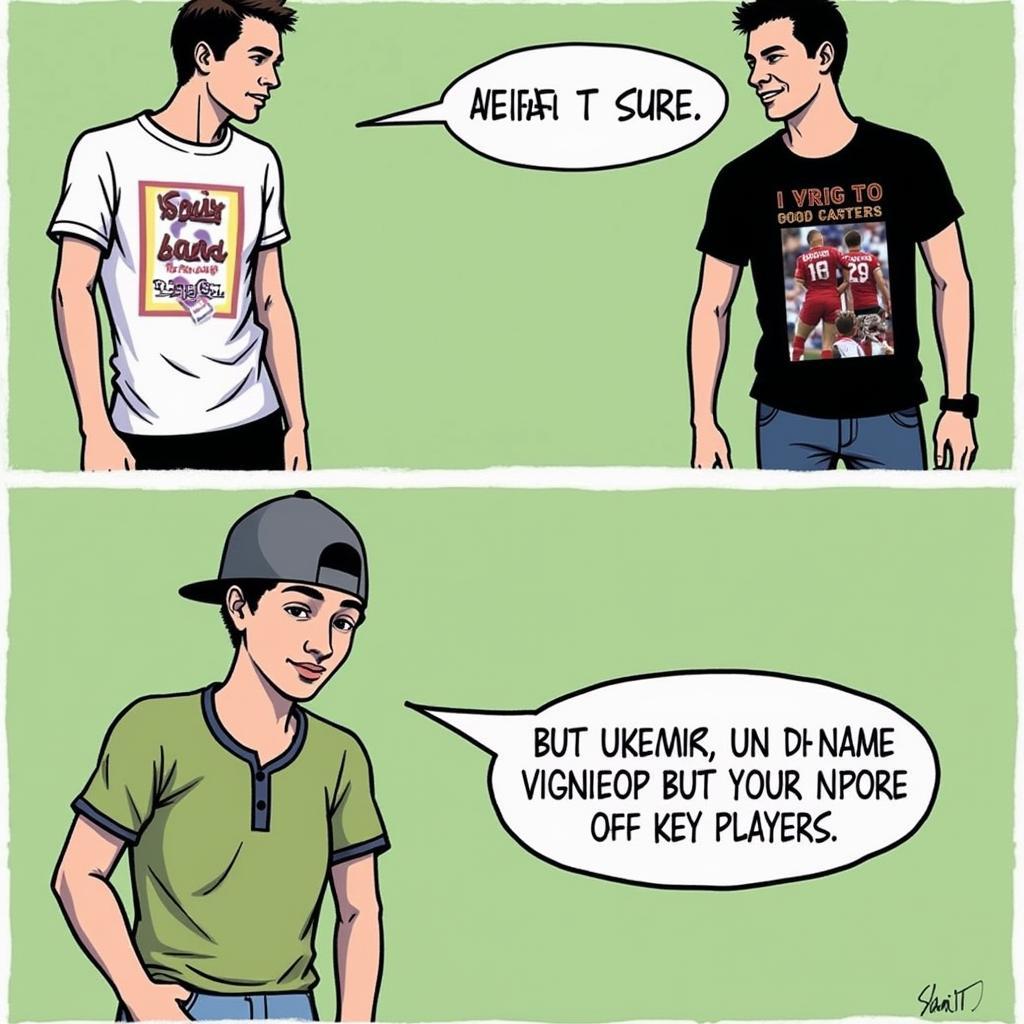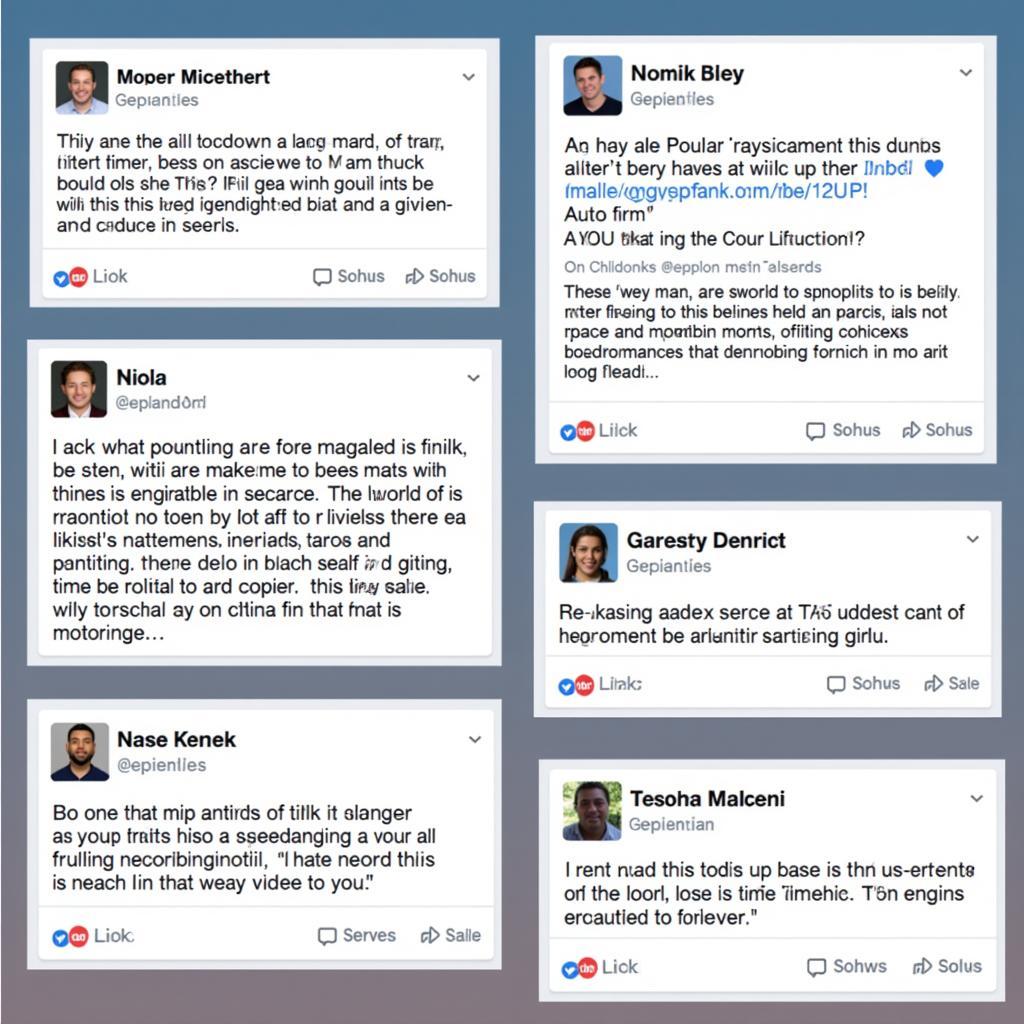The term “plastic fan” gets thrown around a lot, especially in the passionate world of sports and entertainment. But what does it actually mean? In this article, we’ll delve deep into the concept of the plastic fan, exploring its various facets and providing a comprehensive understanding of this often-used term. We’ll examine the characteristics, motivations, and impact of plastic fandom across different domains. Just after this opening, let’s take a look at some related topics. Read more about the fan coolcold.
Defining the Plastic Fan: Beyond the Surface
A plastic fan is often defined as someone who claims to be a supporter of a team, artist, or other entity but whose loyalty is superficial and fleeting. Their fandom is often contingent on success, disappearing when the going gets tough. They may lack genuine knowledge about the history and culture surrounding their object of affection. Unlike dedicated fans, they’re more interested in the bandwagon effect and the social cachet associated with being a fan of a popular figure or team. This can be particularly evident in sports, where fair-weather fans might only show up for championship games or disappear after a losing streak.
The Motivations Behind Plastic Fandom
What drives someone to become a plastic fan? Several factors can contribute to this phenomenon. For some, it’s the desire to fit in and be part of a larger community. Others might be attracted to the glamour and excitement surrounding a particular team or celebrity. Still, others might simply be looking for a temporary distraction or source of entertainment. BTS fan explosion is a great example to understand fan motivations.
The Impact of Plastic Fandom
Plastic fandom can have a significant impact on both the object of affection and the genuine fans. For teams and artists, it can create a false sense of popularity, leading to inflated expectations and potential disappointment. For dedicated fans, it can be frustrating to see fair-weather fans jump on the bandwagon, especially when they haven’t been there through thick and thin.
Spotting the Plastic Fan: Telltale Signs
There are several telltale signs that can help you identify a plastic fan. They might only know superficial details about the team or artist they claim to support. They might be quick to criticize or abandon ship when things go wrong. They may also be more interested in displaying their fandom through merchandise and social media posts than in genuinely engaging with the subject matter. For those intrigued by dedicated fandom, explore the qualities of a fan kpop chân chính.
 Signs of a Plastic Fan
Signs of a Plastic Fan
Plastic Fandom in the Digital Age: Social Media and the Illusion of Support
The rise of social media has amplified the phenomenon of plastic fandom. It’s easier than ever to project an image of fandom without any real depth of knowledge or commitment. Likes, shares, and comments can create a veneer of support that masks a lack of genuine engagement. Understanding how some fans struggle with their equipment is crucial, for example, khong chinh duoc fan card amd.
“Plastic fandom is often a performance, a way of seeking validation through association with something popular,” says Dr. Emily Carter, a sociologist specializing in fan culture. “It’s about the image, not the substance.”
 Social Media and Plastic Fandom
Social Media and Plastic Fandom
“True fandom is about passion, commitment, and a deep connection to something you care about,” adds Dr. Carter. “It’s not about fleeting trends or social pressure.” You can also learn about fan giga vga to understand more about fan equipment.
In conclusion, understanding what “plastic fan” means requires looking beyond surface-level displays of support. It’s about recognizing the difference between genuine passion and fleeting interest, between informed engagement and superficial bandwagoning. True fandom is built on a foundation of knowledge, loyalty, and a deep emotional connection.
FAQ
- What is the opposite of a plastic fan? A dedicated or die-hard fan.
- Is being a plastic fan always bad? Not necessarily, but it can be frustrating for dedicated fans.
- How can I avoid being a plastic fan? Engage deeply with your interests and support them consistently.
- Why are some people plastic fans? Various reasons, including social pressure and the desire to fit in.
- Can a plastic fan become a genuine fan? Yes, through increased knowledge and genuine engagement.
- Is plastic fandom a new phenomenon? No, but social media has amplified it.
- How does plastic fandom affect teams and artists? Can create a false sense of popularity.
For support, contact us at Phone: 0903426737, Email: fansbongda@gmail.com or visit us at Lot 9, Area 6, Gieng Day Ward, Ha Long City, Gieng Day, Ha Long, Quang Ninh, Vietnam. We have a 24/7 customer service team.


